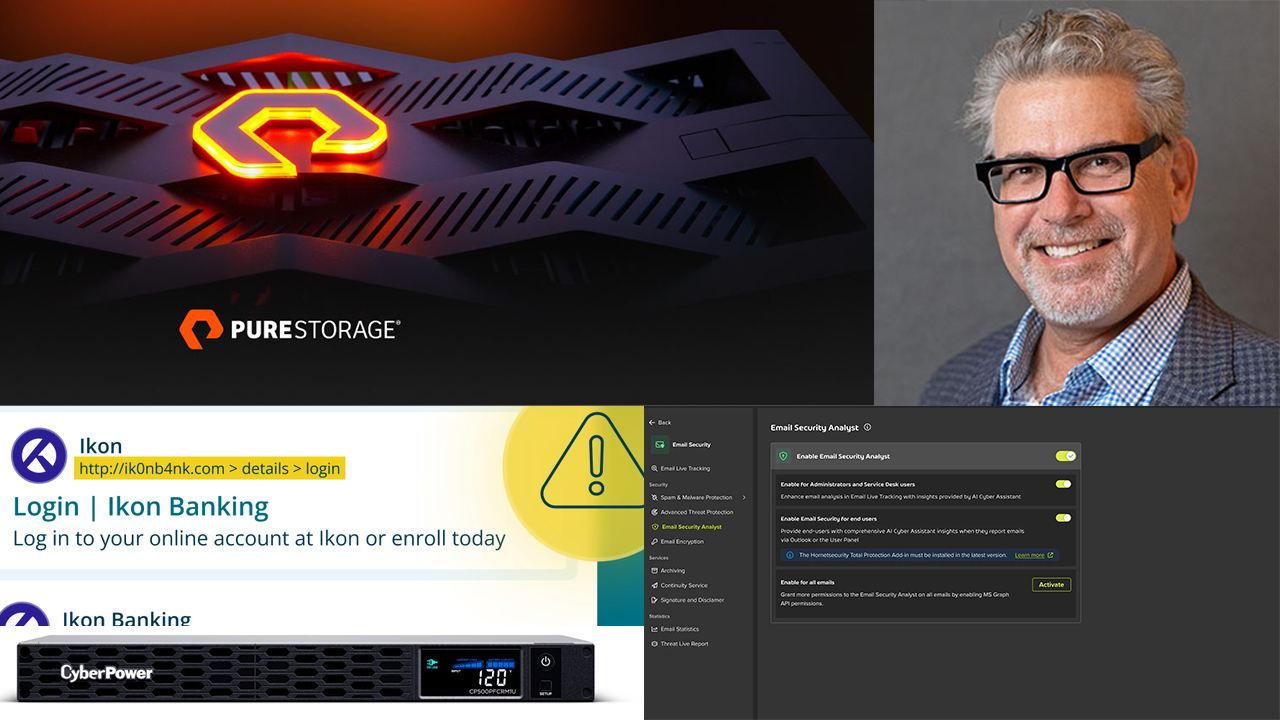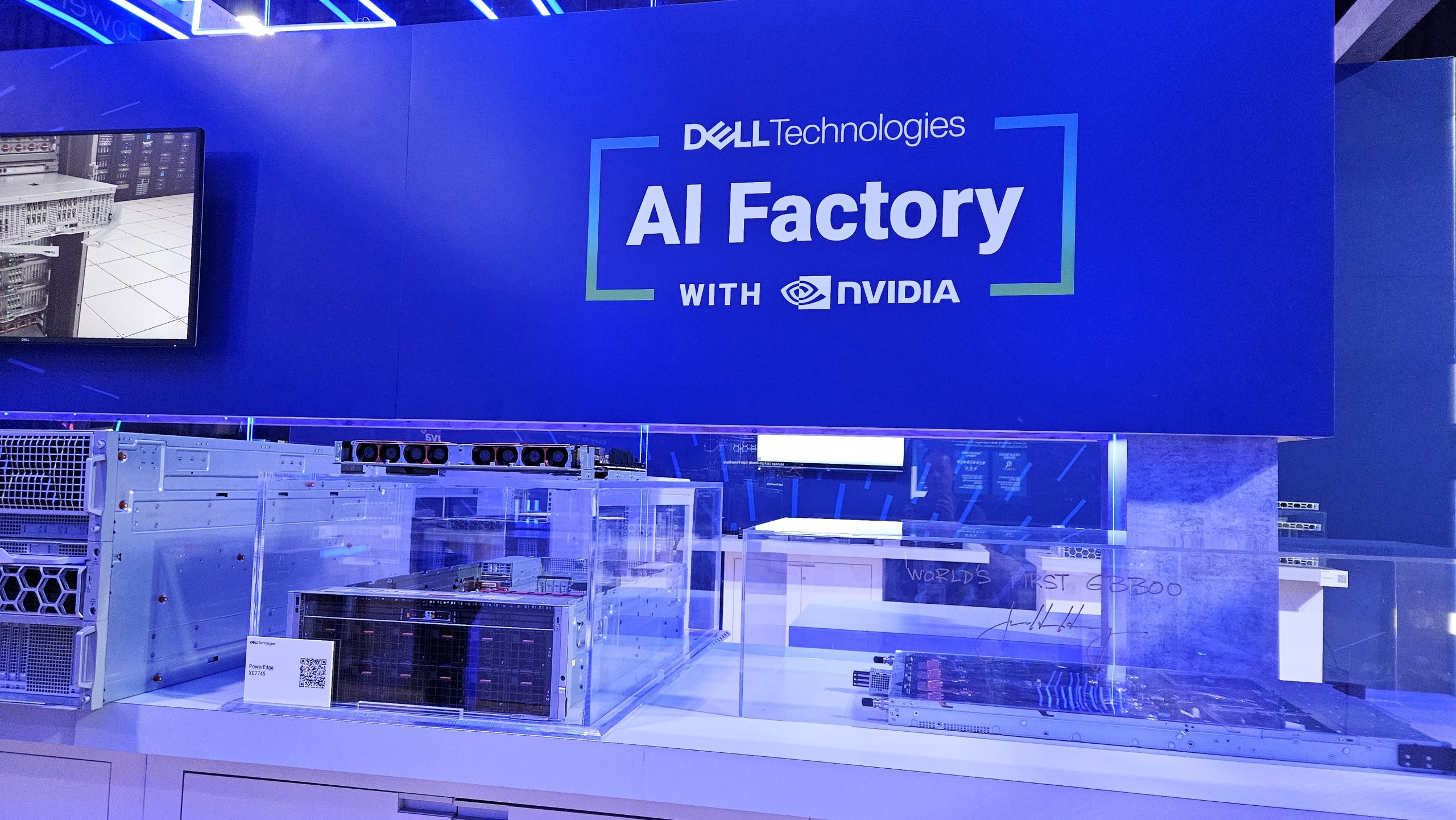SYSTEM BUILDERS and their customers make the same processor wish each year: more performance in a smaller package using less power. Since AMD now challenges Intel on several fronts, Intel just released a slew of new data center chips, and Qualcomm strives to extend mobile device battery time from hours to days, one might think 2023 will overflow with exciting new processors and wishes come true. Unfortunately, supply constraints and legions of lawyers filing lawsuits will delay many advances.
Two trends are being influenced by what looks to be the permanent adoption of remote/hybrid work: “Remote workers will shift the balance of power on PCs further to notebooks,” says Jon Peddie, president of Peddie Research, as well as to client machines with less power that use more of the cloud’s resources. “Exceptions will be the high-end gamers and the mid- to high-end workstation users.”

Jon Peddie
Here’s what to expect from the individual chip makers:
AMD. AMD entered the data center years ago, but financial issues held them back. Those are resolved now, according to Peddie. “AMD will exploit their Xilinx acquisition and push a more integrated stack into the data center.” On the GPU front, AMD and NVIDIA are running hard against each other to increase performance, says Rob Enderle, principal analyst at the Enderle Group.
Intel. Intel’s 4th Gen Xeon Scalable processors (code-named Sapphire Rapids and shipped last month) boost general-purpose compute performance by 53%, according to the manufacturer. “That’s good, because AMD took the performance lead” earlier, Enderle says.
The bigger fight is on the GPU side, he notes. “Intel needs to upgrade their graphics chips to be competitive. They provide a lot of value for the price, but they’re nowhere near NVIDIA or AMD at the high end.” To challenge in graphics, you must be better than what’s available elsewhere, he adds, and Intel’s not there yet.
“Intel is fighting on multiple fronts,” says Peddie. “They’re improving their CPUs, adding more GPUs, and developing AI-specific processors.” They’re also expanding their manufacturing capacity worldwide.
Qualcomm. Qualcomm has made progress in processors for mobile PCs that extend battery life considerably, but OEMs are unlikely to commit until 2024, says Enderle. NVIDIA’s thwarted acquisition of Arm and subsequent lawsuits between Arm, Qualcomm, and NUVIA over designs and instructions sets will delay production.
“Lawyers will have an impact on the competitive situation between Qualcomm versus AMD and Intel,” Enderle says, “with Arm driving much of that improvement for Qualcomm.” Once the lawyers finish, he adds, Qualcomm will compete in the laptop CPU space where battery life makes a difference. Technically comparable laptops running an Intel processor got 12 hours of battery life compared to the Qualcomm processor laptop that ran for 21 hours.
Real-World Impact
Mike Beuligmann, president of St. Louis-based eCollegePC, sells systems with Intel and AMD processors. “The Intel 13th Gen systems have been selling very well,” he says. “Those with AMD Zen 4 7000 series have been a little slow selling for us.”
Still, system builders are at the mercy of processor vendors, notes Peddie. “They build what the semiconductor and subsystem suppliers give them.” The same holds true for OEMs.
One critical part foundries can’t produce enough of right now, says Enderle, are ASIC chips. It turns out a substantial number of ASIC chips came from Ukraine, and their slowed production has affected supply.
AI systems and robotics compete for many of the same processors as system builders, says Enderle. GPUs are more expensive but are more heavily used in AI training systems. Once the AI software goes into production, CPUs are all that’s needed.
Robotics and healthcare will both siphon CPUs away from system builders, Enderle adds, as will autonomous cars. “Those are an AI computer on wheels,” he explains.
The good news? 2024 looks like a banner year for processor improvements and supply. The bad news? 2023 will be a muddle along year.
Image: iStock












